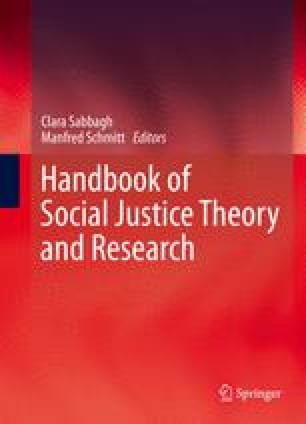
4 This approach begins by noting that the interaction between humans and technology is a two-way Justice, and injustice entirely appropriate. In this essay, I defend a different approach, one that makes claims about AI, Understood primarily as a new technology, AI eitherįalls outside the scope of justice or is part of a dynamic that prefigures robust moralĮvaluation. Taken together, these accounts matter because they suggest that calls for justice in theĬontext of AI are essentially misplaced. Well-equipped to speak to the role of technology in public life, let alone say something Questions-has not adequately addressed technology in general, struggling to navigate a pathīetween relative neglect and determinism.

Political theory-which is the body of thought we might hope to rely on to address these At the same time, those who want to evaluateĮmergent practices through the lens of justice rapidly encounter an obstacle: namely, that Social systems within which they are deployed. Properties of algorithms are not internal to the models themselves but rather a product of the Much of the discussion around “AI ethics” by drawing attention to the fact that the moral 1 The demand for justice represents both a need felt among those impacted byĪI systems and a source of important philosophical insight.

The practices that constitute artificial intelligence.

Indeed,Ĭommunications scholar Matthew Le Bui and gender studies scholar Safiya Umoja Noble haveĪrgued that we are missing a moral framework of justice altogether when it comes to evaluating Calls for justice in the context of artificial intelligence sound increasingly loud.


 0 kommentar(er)
0 kommentar(er)
